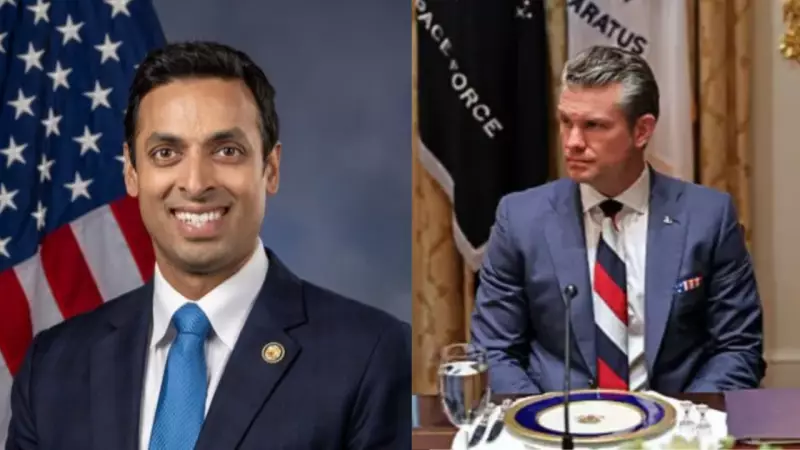
In a powerful defense of democratic principles, Indian-American Congressman Suhas Subramanyam has launched a scathing critique against Fox News commentator Pete Hegseth for his controversial stance on limiting Pentagon reporting. The Virginia Democrat characterized Hegseth's position as nothing short of an attack on the very foundations of American democracy.
The Controversial Comments That Sparked Outrage
The political firestorm erupted when Pete Hegseth, during a recent television appearance, suggested implementing restrictions on how the Pentagon communicates with journalists and the American public. Subramanyam, who represents Virginia's 10th congressional district, didn't mince words in his response, calling the proposal "dangerous and anti-democratic".
A Strong Stand for Press Freedom
Congressman Subramanyam emphasized that transparency in government operations, especially concerning military matters, forms the bedrock of American democracy. "When we start limiting what the Pentagon can report, we're not just restricting information - we're undermining the public's right to know what their government is doing," the Congressman stated passionately.
The first-term Congressman, who made history as the first Indian-American and first Hindu to represent Virginia in Congress, stressed that such limitations would set a dangerous precedent that could eventually erode other fundamental freedoms.
Broader Implications for Democracy
Subramanyam's forceful rebuttal highlights several critical concerns:
- The vital role of a free press in holding government institutions accountable
- The importance of transparent military reporting for informed public discourse
- The potential slippery slope of restricting information flow from government agencies
- The threat such limitations pose to constitutional protections
A Growing Voice in American Politics
This incident marks another significant moment in Subramanyam's rapidly growing political profile. As one of the prominent Indian-American voices in Congress, his strong stance on democratic principles resonates with both his constituents and the broader South Asian community in the United States.
The Congressman's unequivocal defense of press freedom comes at a time when media-government relations remain a contentious topic in American politics, making his intervention particularly timely and noteworthy.





